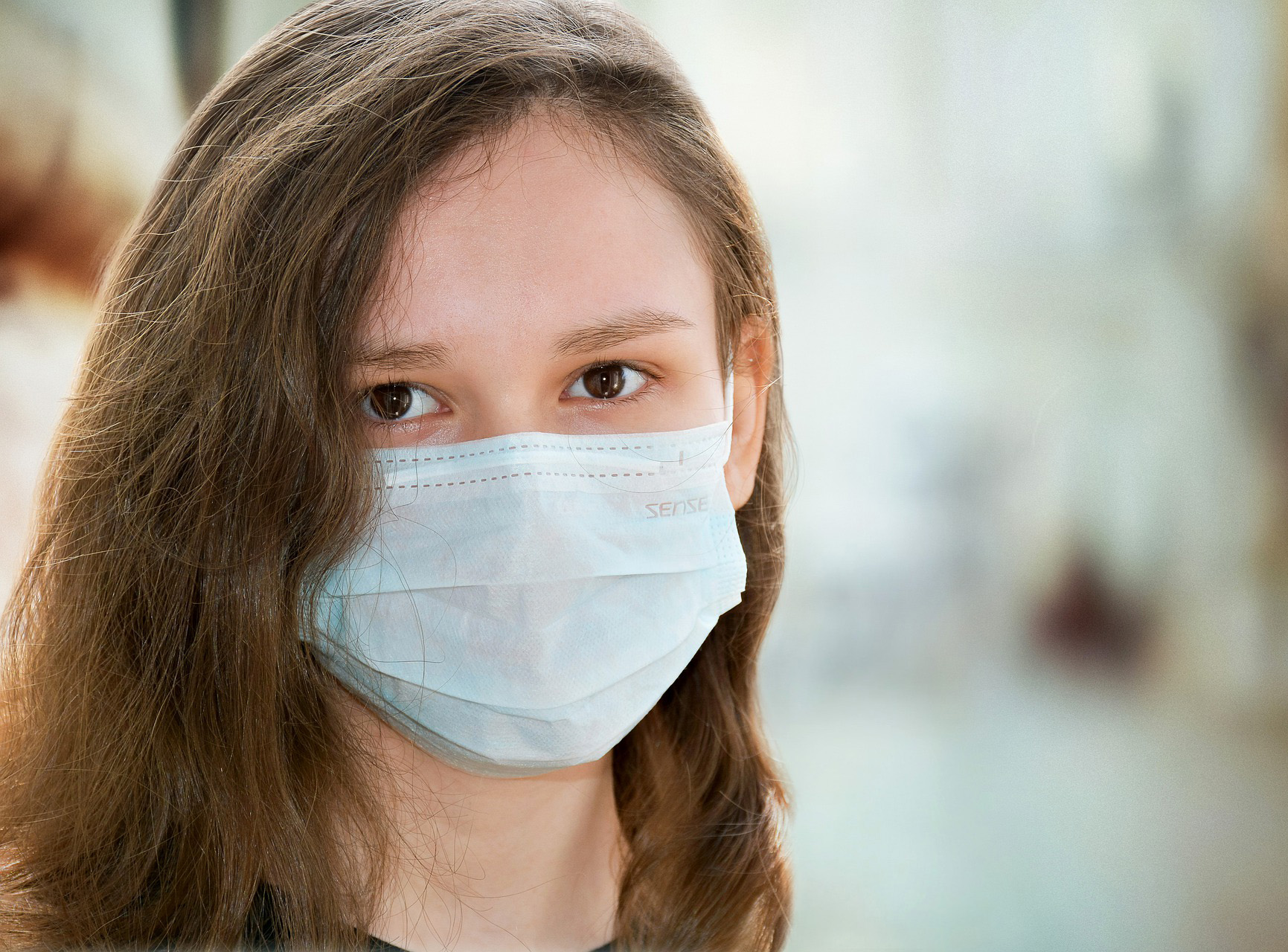 The COVID-19 jab is now available for children from the age of 12. But, a new national survey shows that about 20% of parents and carers would likely not get their children vaccinated.
The COVID-19 jab is now available for children from the age of 12. But, a new national survey shows that about 20% of parents and carers would likely not get their children vaccinated.
A new study shows that 42.5 per cent of parents and carers would definitely get their children vaccinated and 36.3 per cent were likely to get their children vaccinated. The findings suggest that a significant majority of Australian’s might be open to vaccinating their children against COVID-19.
However, a 9.8% of respondents felt strongly about not vaccinating their children and 11.4% said they probably would not vaccinate their children against COVID-19. Most of these participants were mothers/female carers, people who are Aboriginal and Torres Strait Islander, people who speak a language other than English, those without higher education, and those who live in disadvantaged areas.
According to Prof Nicholas Biddle, the findings provided key insights about the attitudes of Australian parents and carers regarding COVID-19 vaccination in children. The results of this survey will help inform governments and health authorities about any future plans of vaccine roll-out to children.
“In recent weeks and months, we have seen lots of public commentary, including concerns, about making sure children are vaccinated against COVID-19. In particular, people have been worried about long COVID among children who get the virus or the role of children in spreading the virus among households and in the community,” Prof Biddle said.
“These findings show the vast majority of Australians are ready to make sure their children are protected from COVID as soon as vaccines are available to them,” he added.
About the study
The new analysis is part of Australia’s largest longitudinal study on the pandemic, the COVID-19 Impact Monitoring survey program, led by Australia National University’s Centre for Social Research and Methods. The study has been tracking Australians’ attitudes to vaccines since August 2020.
The findings of this study, which analysed the responses of 3000 parents and carers, also go beyond reporting people’s attitudes. The study also identified several demographic and socioeconomic predictors of vaccine uptake.
“We found vaccination rates are lower for Australians who have relatively low levels of education, those who speak a language other than English, those who live outside of NSW and those who have low household income,” Professor Biddle said. “In particular, those who speak a language other than English at home were significantly and substantially less likely to have been vaccinated than those who speak English only,” he added.
The study also identified other groups of Australians who continue to have low rates of vaccination, these included people with a low fear of infection, those experiencing psychological distress, those who have low confidence in state/territory governments and people who report being very religious.
On a positive note, the study found that the percentage of Australians who have been vaccinated or would probably/definitely get the jab has increased since January 2021, from 78.3% to 93.9%. “”Not only are far more people getting vaccinated, but the unvaccinated appear to be less hesitant than they were at the start of the year,” Prof Biddle said.

